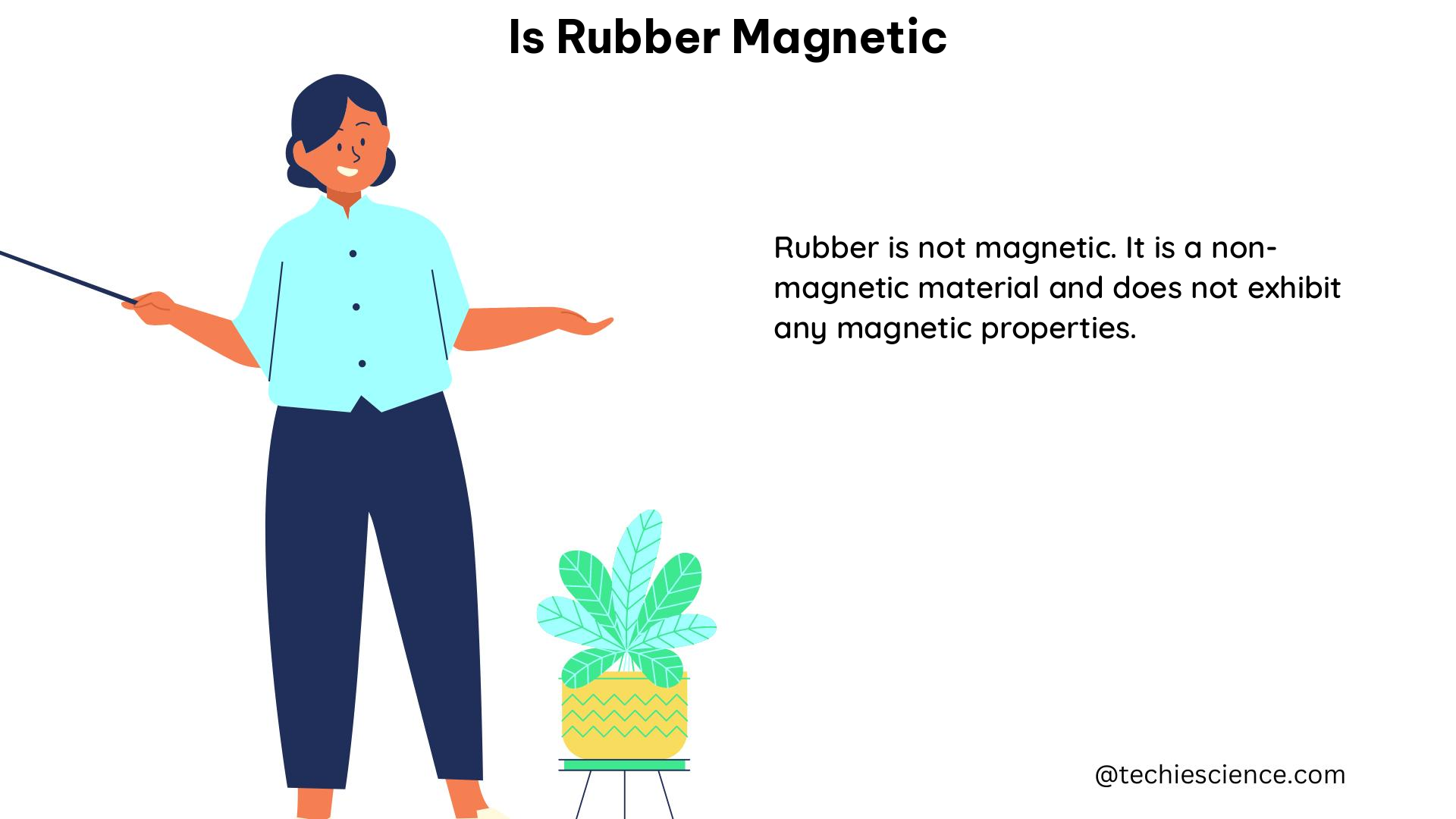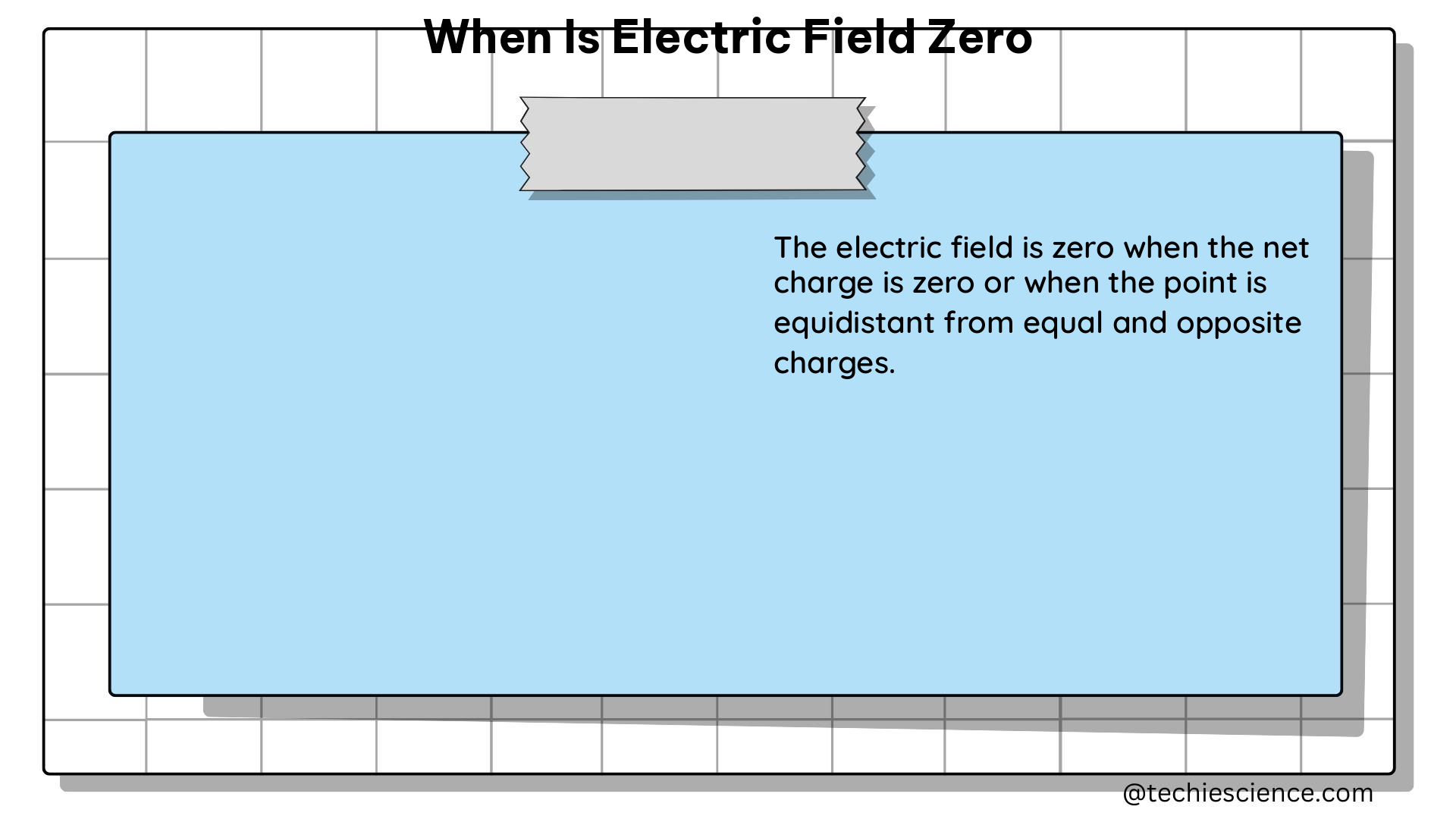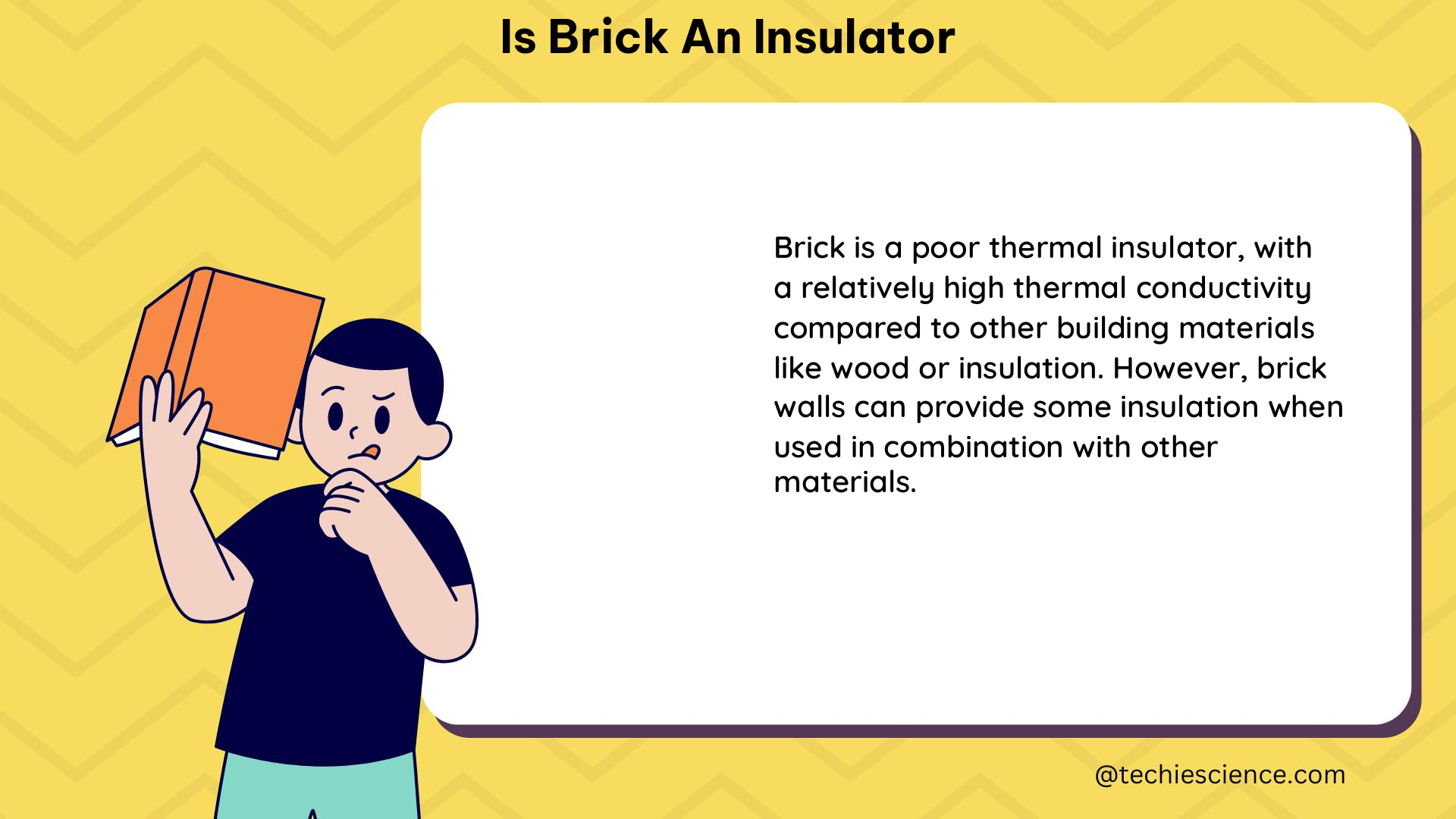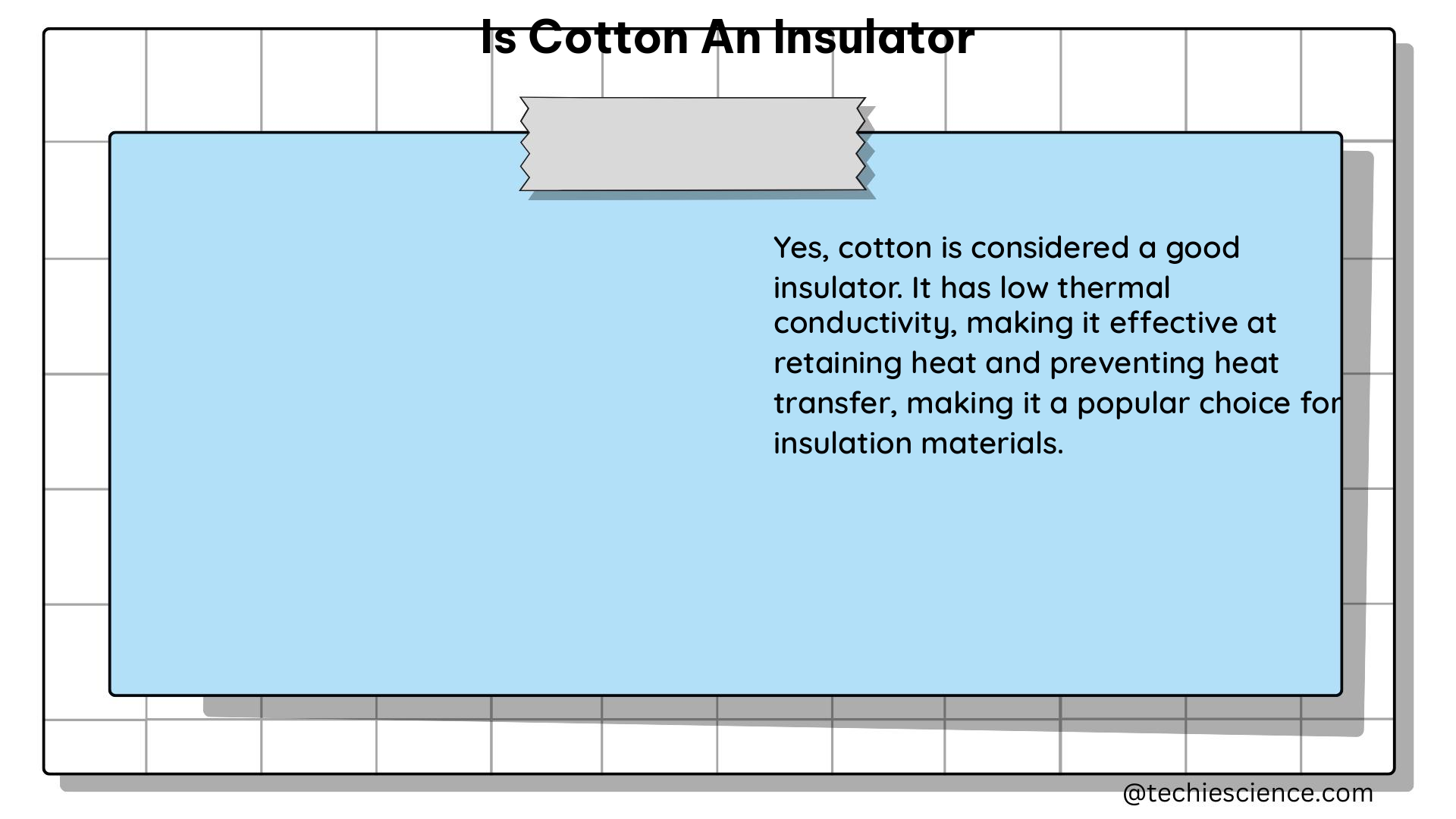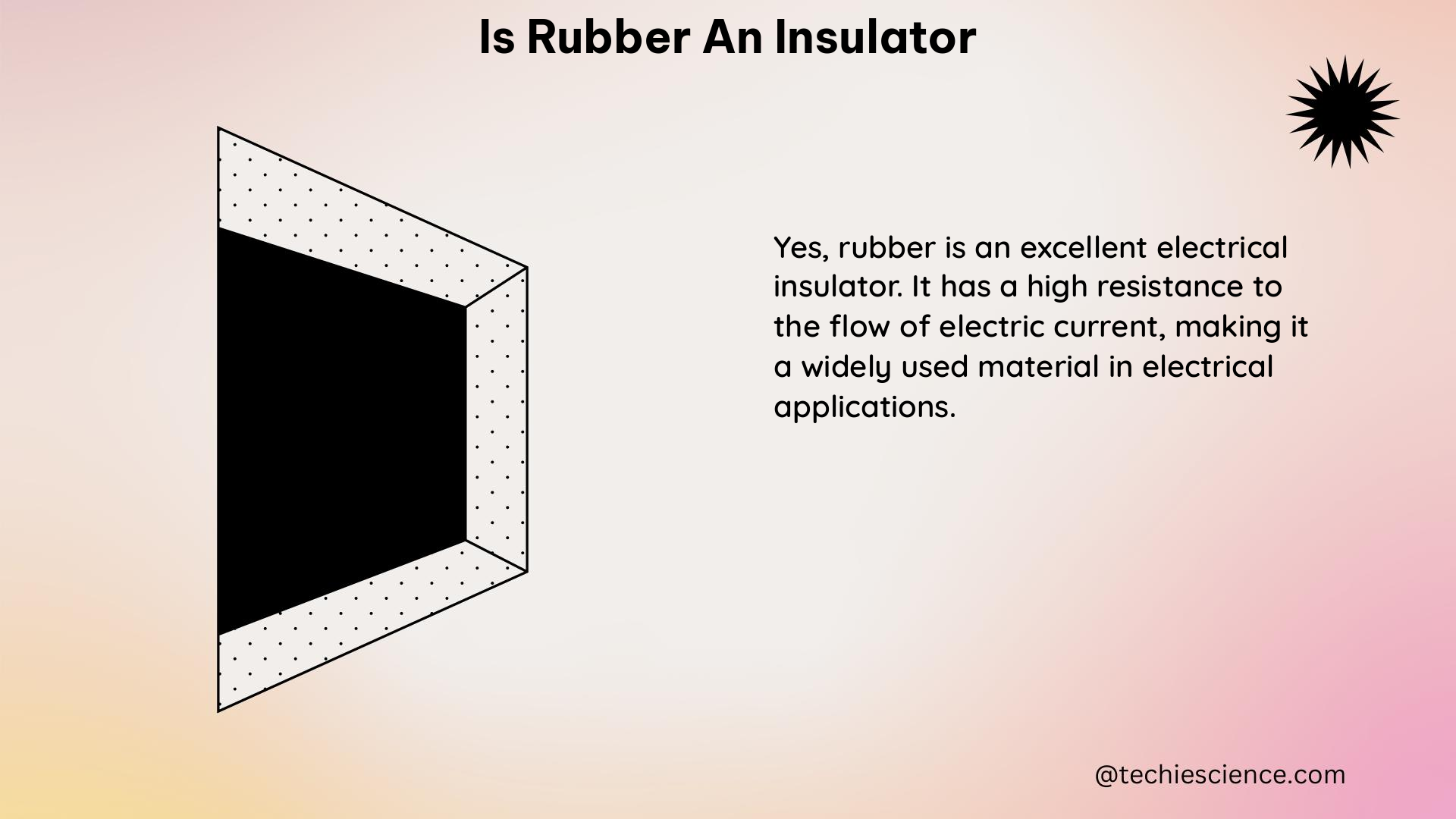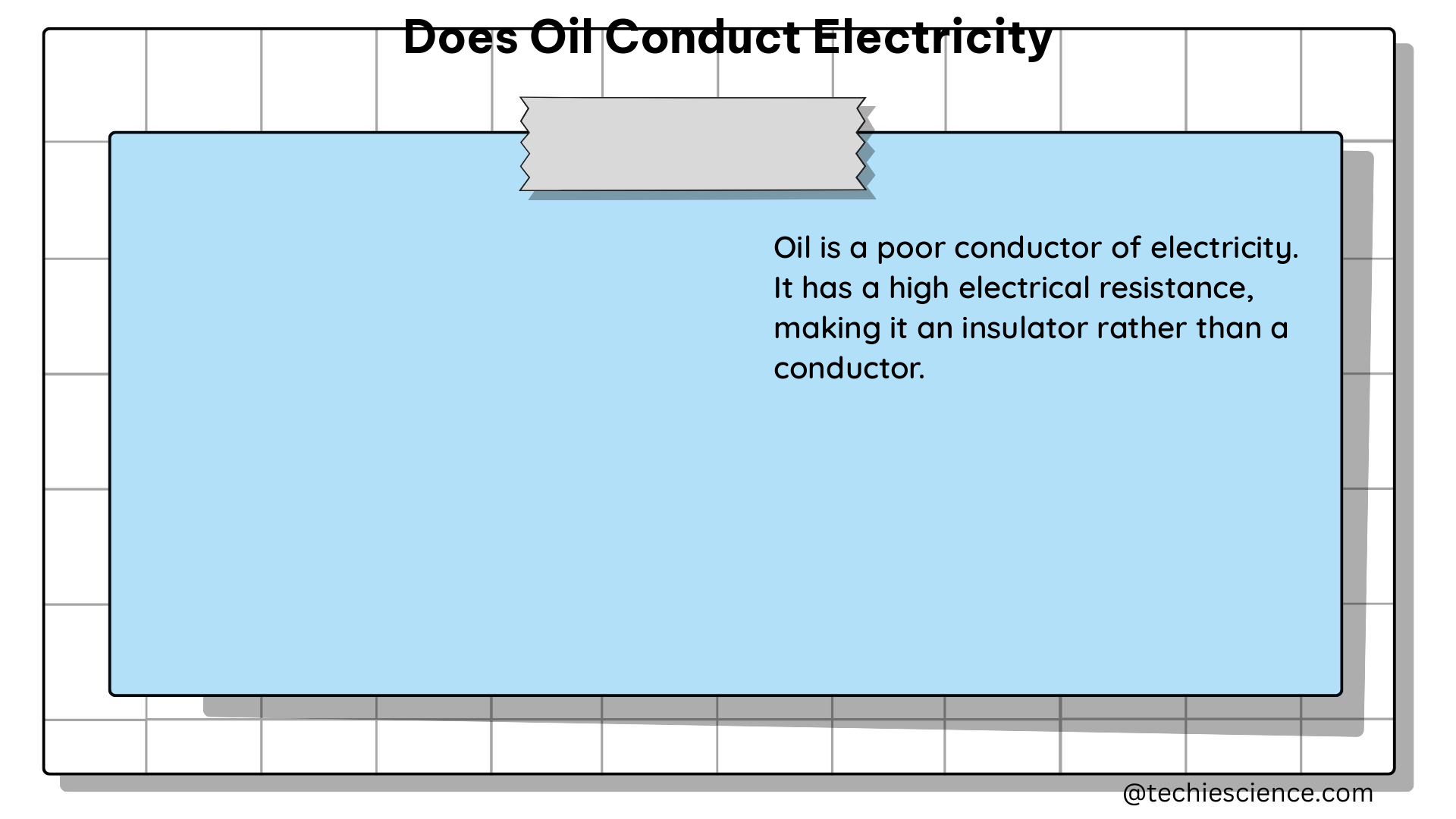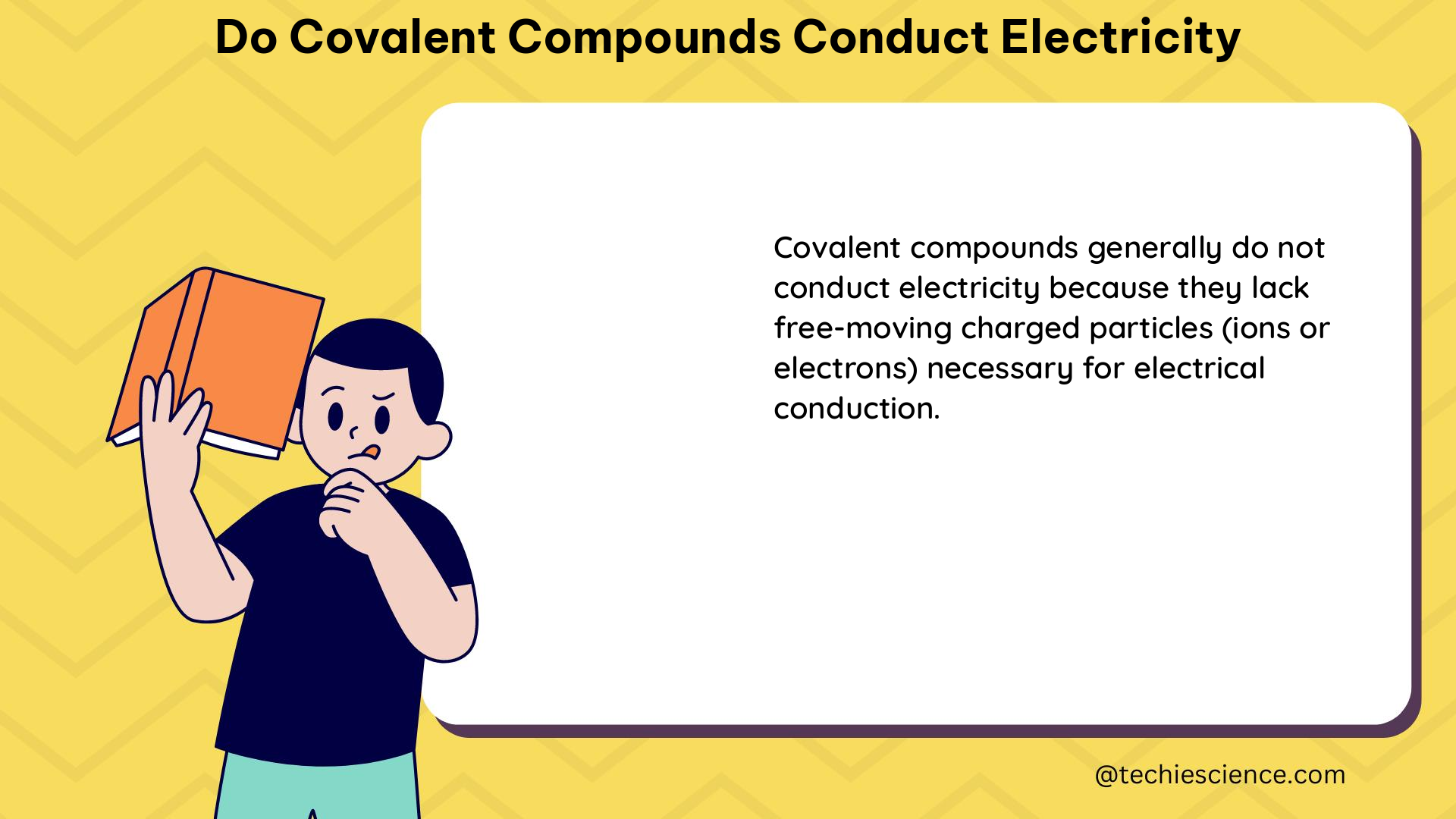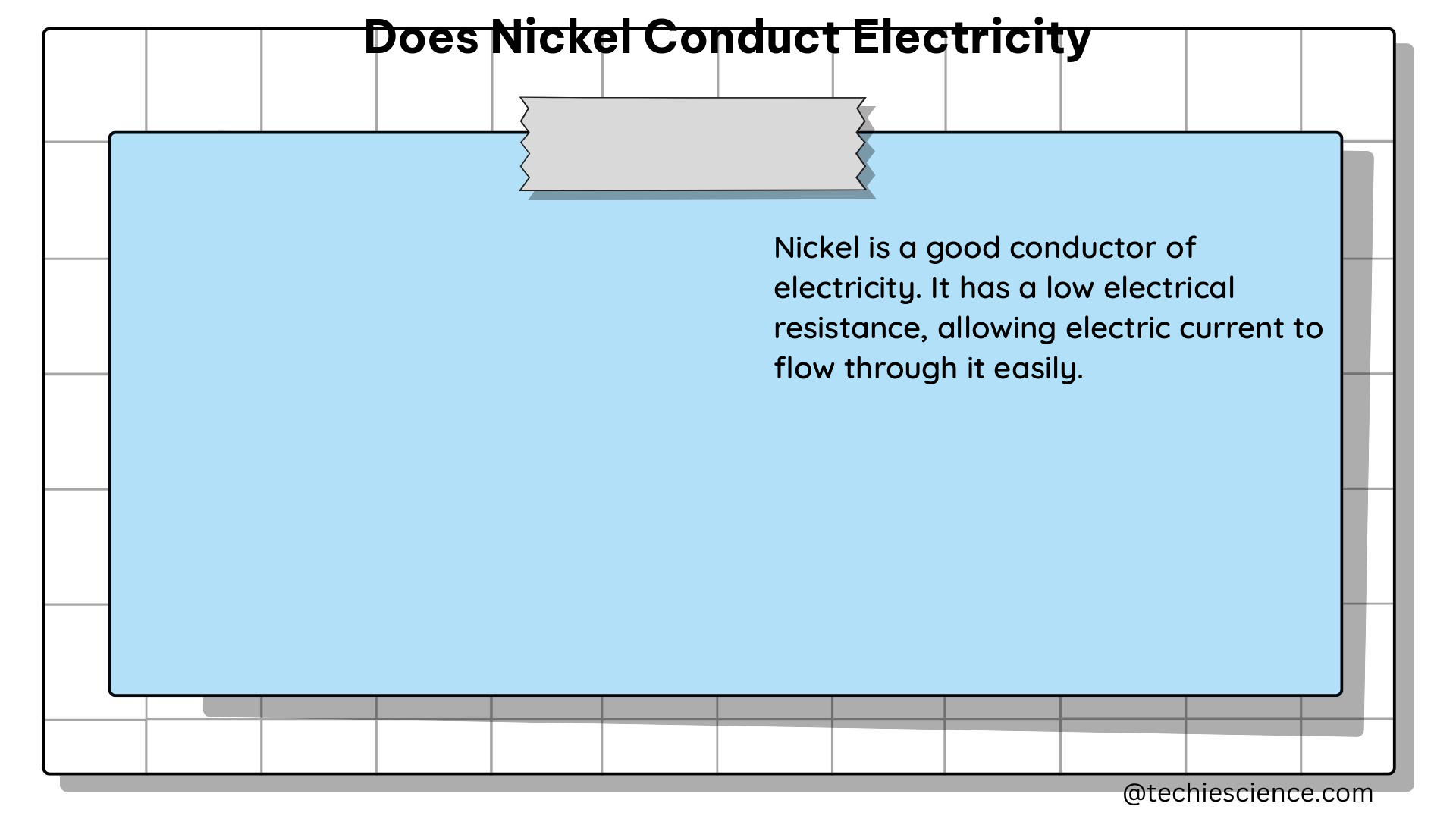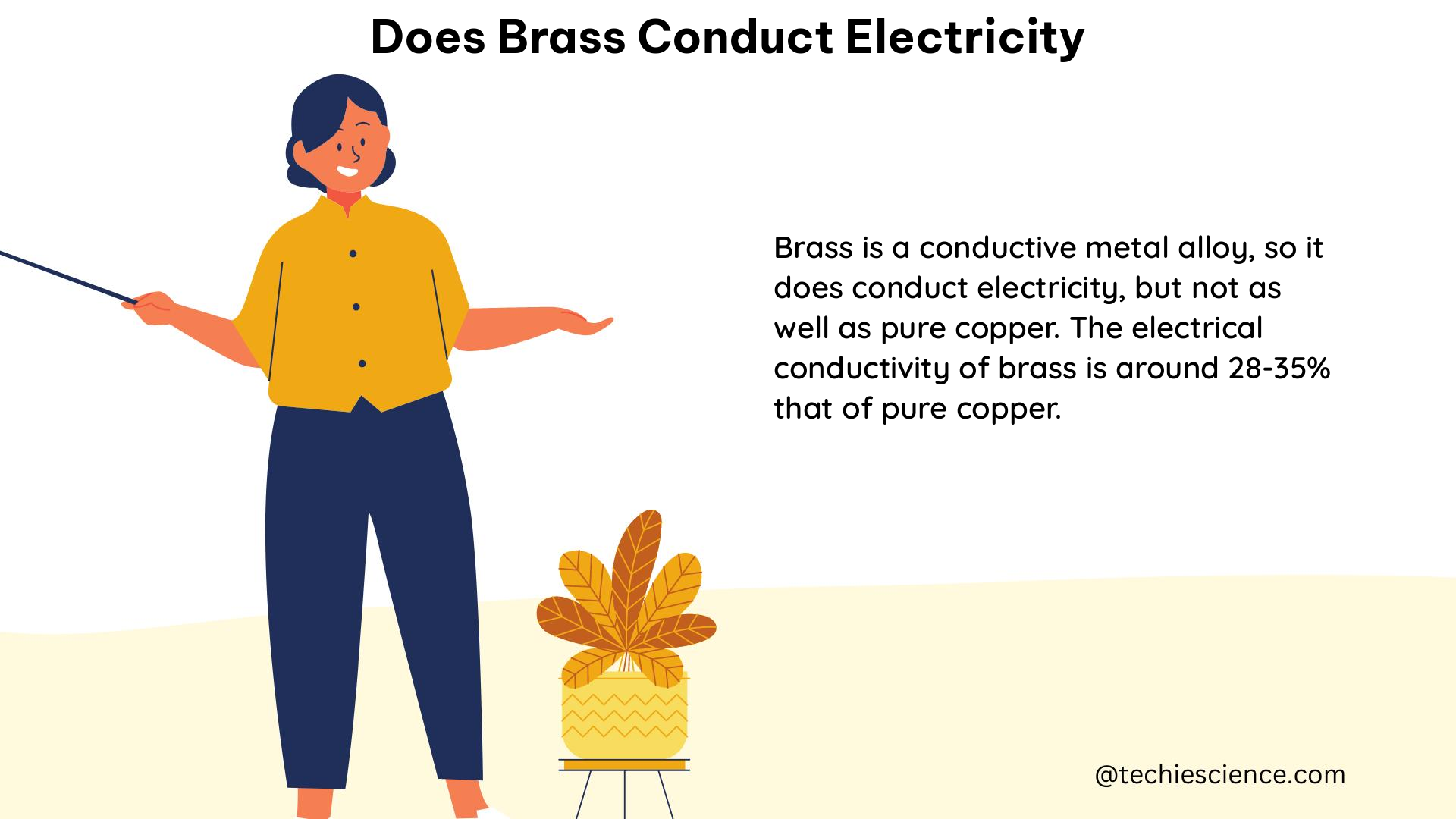Is Rubber Magnetic?
Rubber, being an organic material, is generally considered non-magnetic. This is because rubber does not contain any magnetic elements such as iron, nickel, or cobalt, which are necessary for ferromagnetism. However, rubber can exhibit some magnetic properties under certain conditions due to the presence of magnetic impurities or the alignment of its molecular chains. Measuring … Read more
